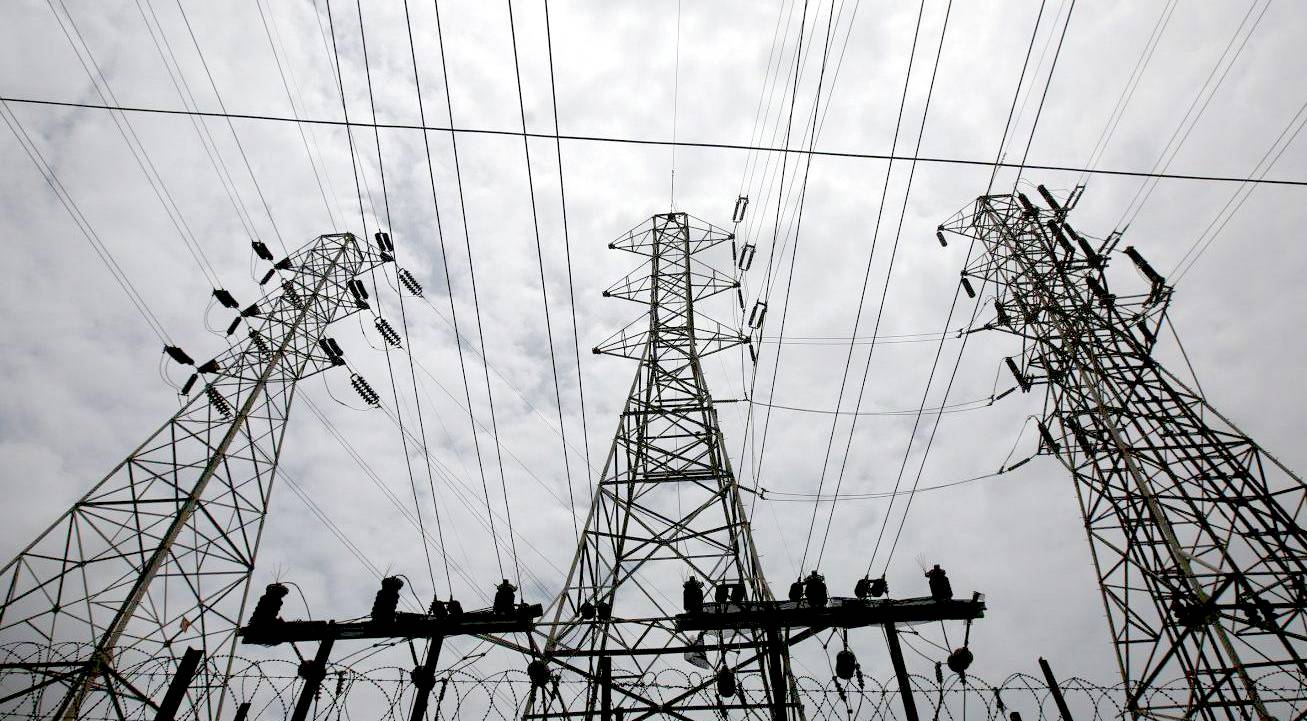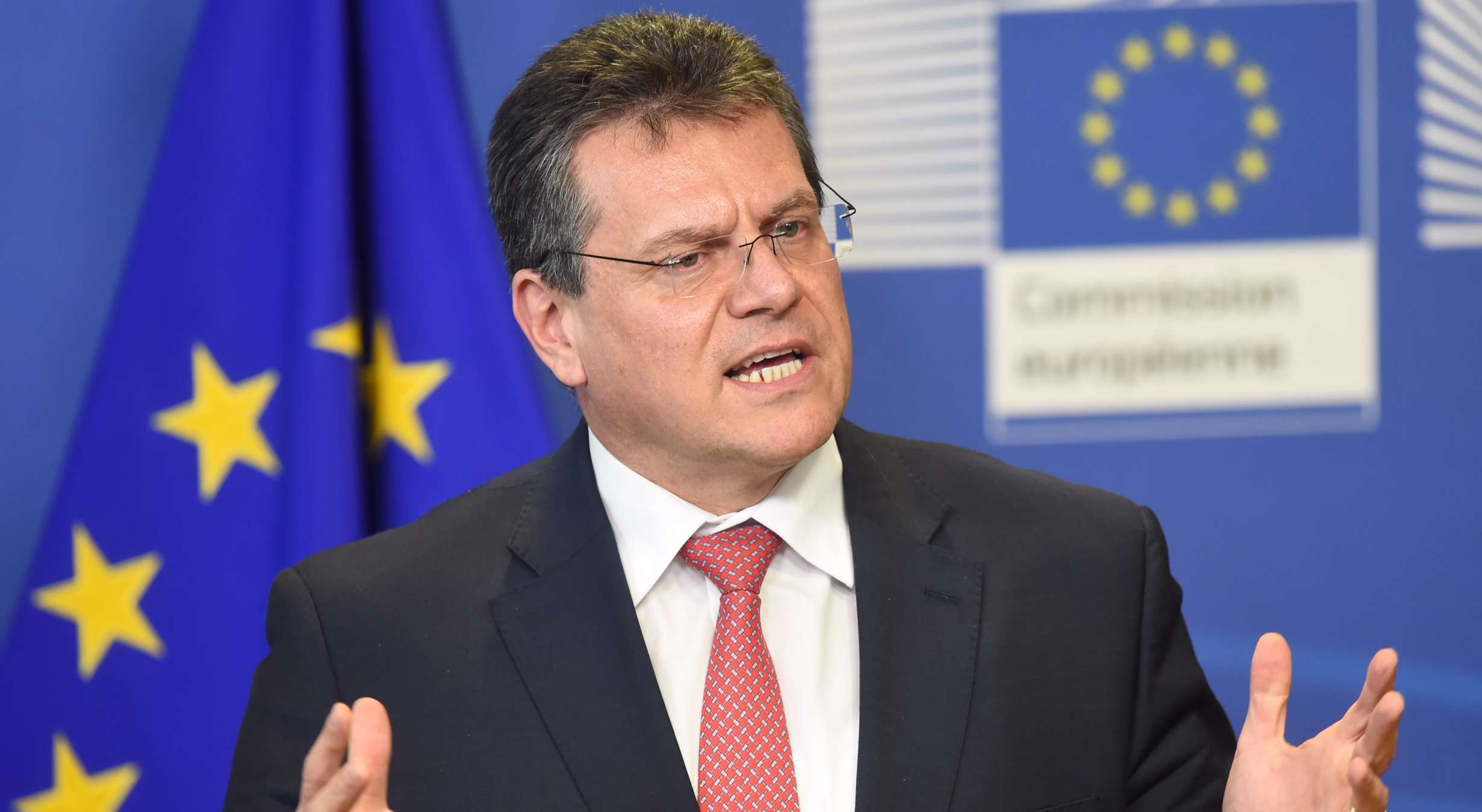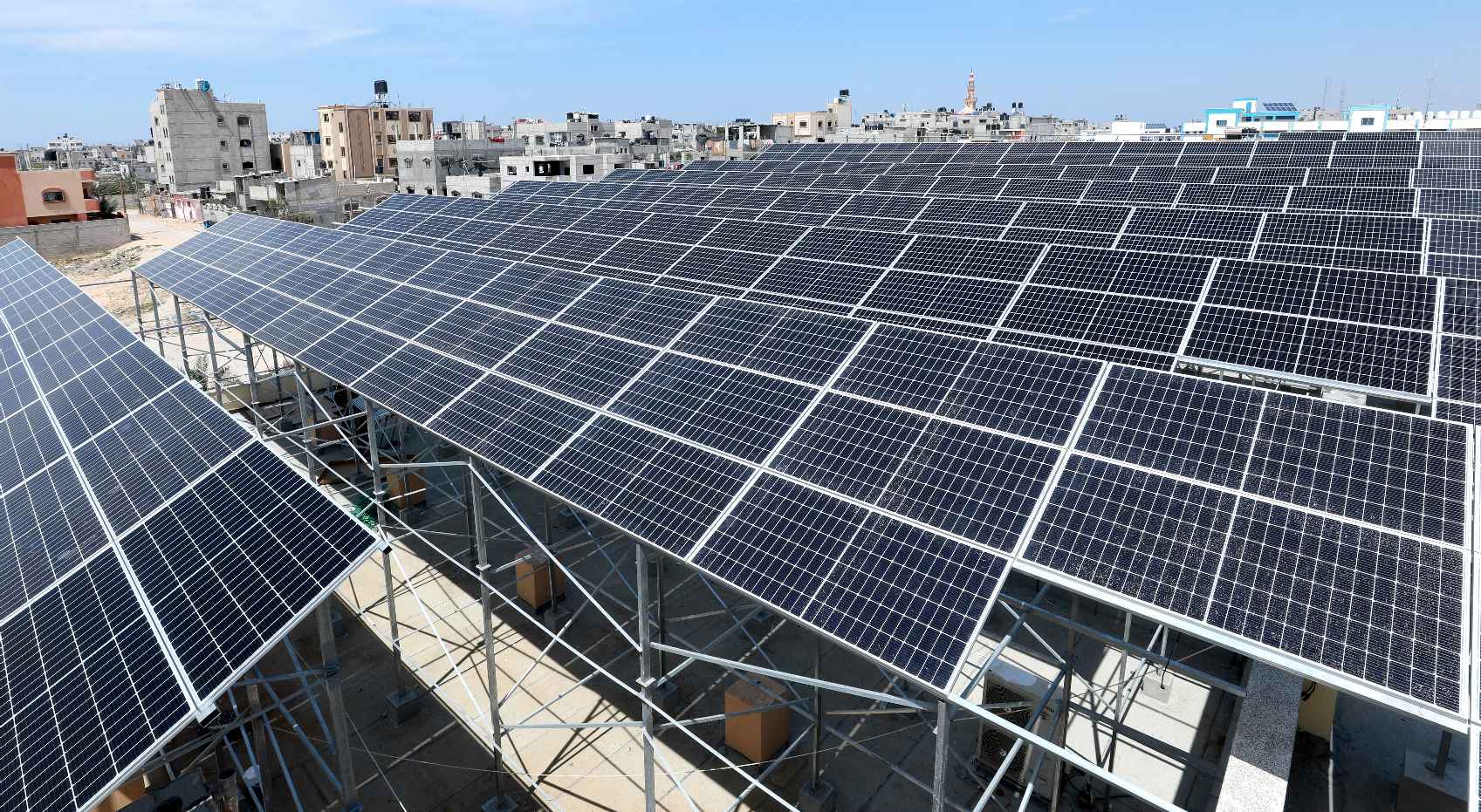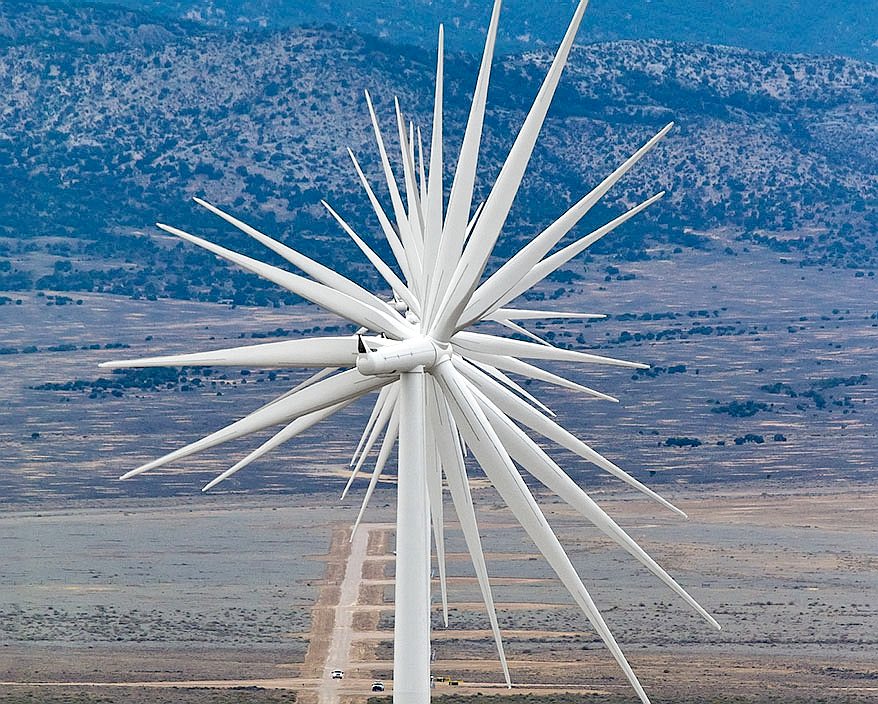|
CLIMATE CHANGE ACT 2008
Please use our A-Z INDEX to navigate this site
|
|||||||||||||||||||||||||||
HIGH VOLTAGE - Electricity is a carrier for energy. The same could be argued for hydrogen and batteries, except that generated electricity cannot be stored, whereas hydrogen and batteries store energy in a chemical form, that can be drawn on in different ways to power vehicles and houses.
The Climate Change Act 2008, says it all in the naming. This was the first legally binding statute anywhere in the world, that required carbon dioxide reductions in an effort to slow global warming.
The Act makes it the duty of the Secretary of State to ensure that the net UK carbon account for all six Kyoto greenhouse gases for the year 2050 is at least 80% lower than the 1990 baseline, toward avoiding dangerous climate change. The Act aims to enable the United Kingdom to become a low-carbon economy and gives ministers powers to introduce the measures necessary to achieve a range of greenhouse gas reduction targets. An independent Committee on Climate Change has been created under the Act to provide advice to UK Government on these targets and related policies.
VP EUROPEAN COMMISSION - Maroš Šefčovic: "Europe is investing in a competitive and sustainable battery manufacturing sector. We want to provide a framework that includes secure access to raw materials, support for technological innovation and consistent rules on battery production. We envisage a strong battery industry that contributes to the circular economy and clean mobility."
The EU has woken up to the fact that batteries are a vital component in the smoothing of energy in the new age of renewables. Alongside such realisation, hydrogen looms as a prospective savior, that is also the target of investment, now that climate change is being given the attention it deserved 30 years ago. We say, better late than never.
DEPARTMENT
FOR BUSINESS, ENERGY & INDUSTRIAL STRATEGY
There are big bucks at stake, winners and losers in the energy industry - and finally economics to consider. These days they must be circular, or sustainable in the long term. Something that, historically, the Conservative Party have difficulty with, as per Margaret Thatcher's astonishing 'quick fixes.'
Refreshingly then, Theresa May, upped the stakes, calling for more fossil fuel reductions, in amending the 2008 legislation. A noble act indeed, for a departing Prime Minister who had no chance of surviving long with Brexit being a major obstacle.
The Rt Hon Alok Sharma MP was appointed Secretary of State for Business, Energy and Industrial Strategy on 13 February 2020. He was also appointed Minister for COP 26, the 26th United Nations Climate Change Conference, on the same date, replacing Rt Hon Claire Perry MP for Devizes.
The Rt Hon Andrea Leadsom was Secretary of State for Business, Energy and Industrial Strategy from 24 July 2019 to 13 February 2020. She was elected Conservative MP for South Northamptonshire in 2010. She held the role for seven months.
The Rt Hon Greg Clark was the Secretary of State for Business, Energy and Industrial Strategy between July 2016 - July 2019. He held the post for three years.
In July 2016, the Department of Energy & Climate Change became part of Department for Business, Energy & Industrial Strategy, signaling a Government agenda change - as in how the heck can we do this? We need a containment plan, contingency and other exit clauses - just in case we need to do a 'U' turn and slam on the brakes. And what about Greta Thunberg enlightening the voters of the future!
Understandable,
where the UK has taken the climate change lead on the World Stage.
The Rt Hon Amber Rudd - 2015 to July 2016 (one year)
The Rt Hon Edward Davey - 2012 to 2015 (three years)
The Rt Hon Chris Huhne - 2010 to 2012 (two years)
SECRETARY OF STATE FOR BUSINESS, ENERGY & INDUSTRIAL STRATEGY
The Secretary of State has overall responsibility for the Department for Business, Energy and Industrial Strategy which brings together responsibilities for business, industrial strategy, science, innovation and energy. This includes
- ensuring that the country has secure energy supplies that are reliable, affordable and clean
- ensuring the UK remains at the leading edge of science, research and innovation
- tackling climate change
As you may agree this is a politically demanding role. It is not surprising then, that the position is a volatile balancing act between existing stakeholders and climate protestors demanding innovation action.
WHO JUNE 2019 - A newly installed solar power plant in the Gaza Strip, Occupied Palestinian Territory (OPT), will reduce Nasser Hospital’s reliance on donated fuel and, by providing life-saving interventions, help build resilience. This is according to the World Health Organization (WHO).
In the quest to reduce global warming, and yet still provide energy for the world to be able to live, we face a difficult situation, with difficult choices for those with wealth and collections of fossil fuelled luxury cars, mansions and yachts. For the rest of us it is simple, freely available, clean, renewable energy and zero carbon transport, combined with energy self-sufficient housing.
CLIMATE CHANGE COP HISTORY
According to Power-Technology.com, a website that provides market and customer insights in this sector, they listed these power companies (according to the 2018 Forbes calculation of net market capitalization, assets, sales and profit) as the biggest utilities:
KEPCO Korean Electric Power Corporation National Electric Grid & Central Electricity Authority (India) National Energy Board (Canada) National
Grid plc (formerly Central Electricity Generating Board UK) State Grid Corporation of China TEPCO Tokyo Electric Power Company
SIX STEPS TOWARD A COOLER PLANET
1. TRANSPORT: Phase out polluting vehicles. Governments aim to end the sale of new petrol, and diesel vehicles by 2040 but have no feasible infrastructure plan to support such ambition. Marine transport can be carbon neutral with smaller container ships that are solar and wind powered.
2. RENEWABLES: Renewable energy should replace carbon-based fuels (coal, oil and gas) in our electricity, heating and transport.
3. HOUSING: On site micro or macro generation is the best option, starting with new build homes that are zero carbon, or energy neutral. We must make it illegal for councils to grant planning permission to any new houses that are not compliant. Local authorities are to blame for kleptocratic decision making - making them climate criminals.
4. AGRICULTURE: We need trees to absorb carbon emissions from a growing population, flying, and to build affordable new homes. Reducing food waste and promoting less energy intensive eating habits such as no meat Mondays.
5. INDUSTRY: Factories should be aiming for solar heating and onsite renewable energy generation.
6. POLITICS: - National governing bodies need to adopt rules to eliminate administrative wastages, to include scaling down spending on war machines, increasing spend on educating the public and supporting sustainable social policies that mesh with other cultures. One way of pushing this agenda is total transparency in Governments and Courts as per United Nations SDG 16. This would tend to prevent corrupt politicians and civil servants from pursuing unlawful agendas.
CONTACTS
..
LINKS & REFERENCES
https://www
|
|||||||||||||||||||||||||||
|
This website is provided on a free basis as a public information service. copyright © Climate Change Trust 2020. Solar Studios, BN271RF, United Kingdom.
|



